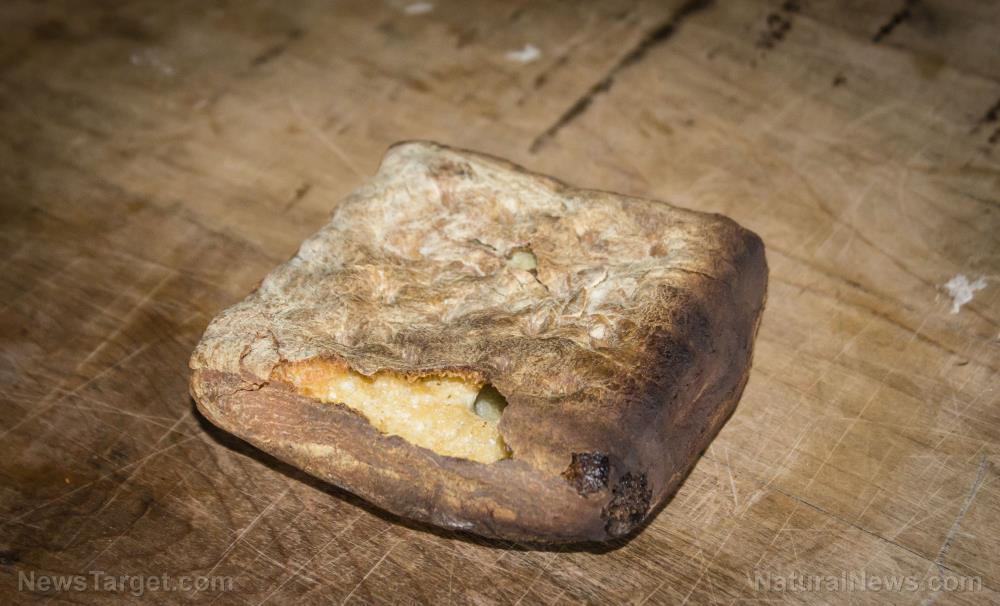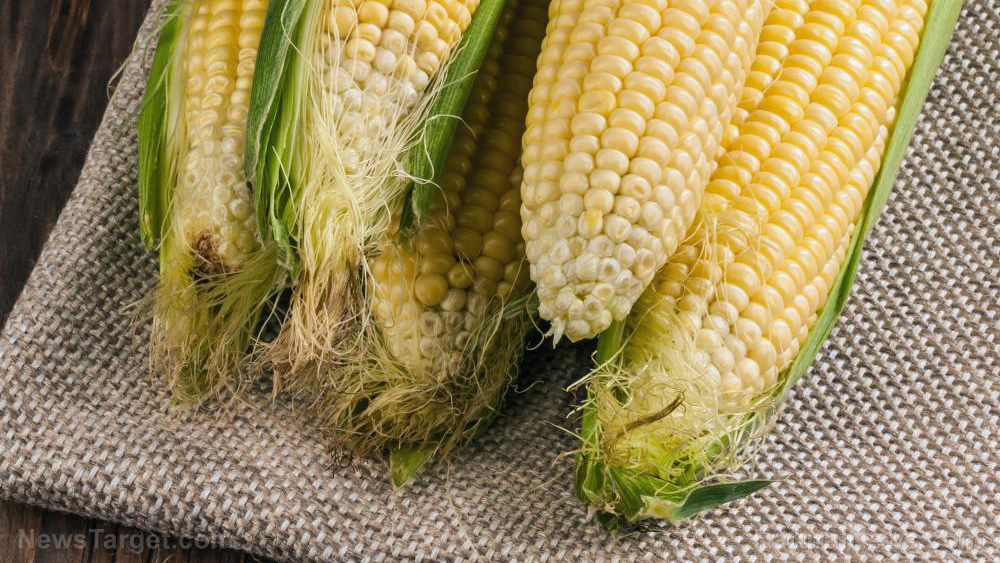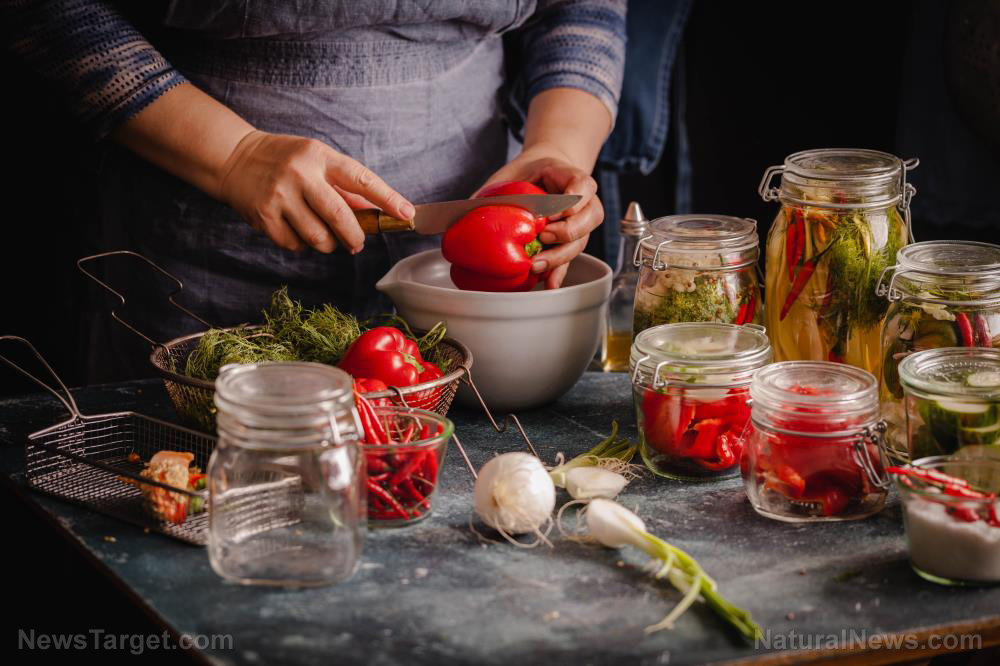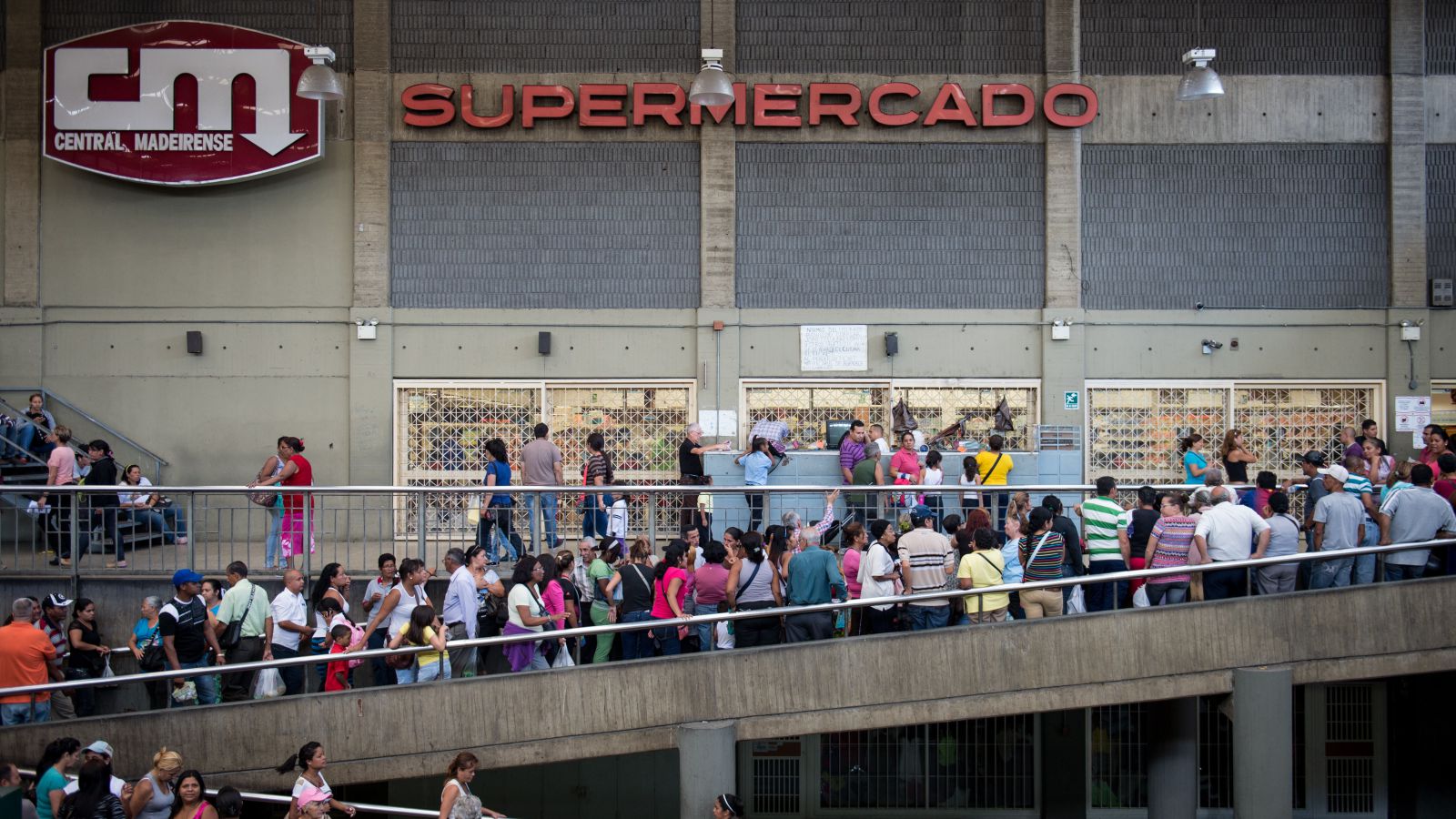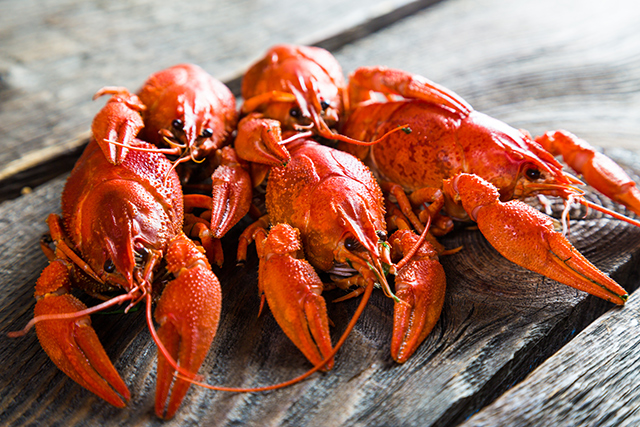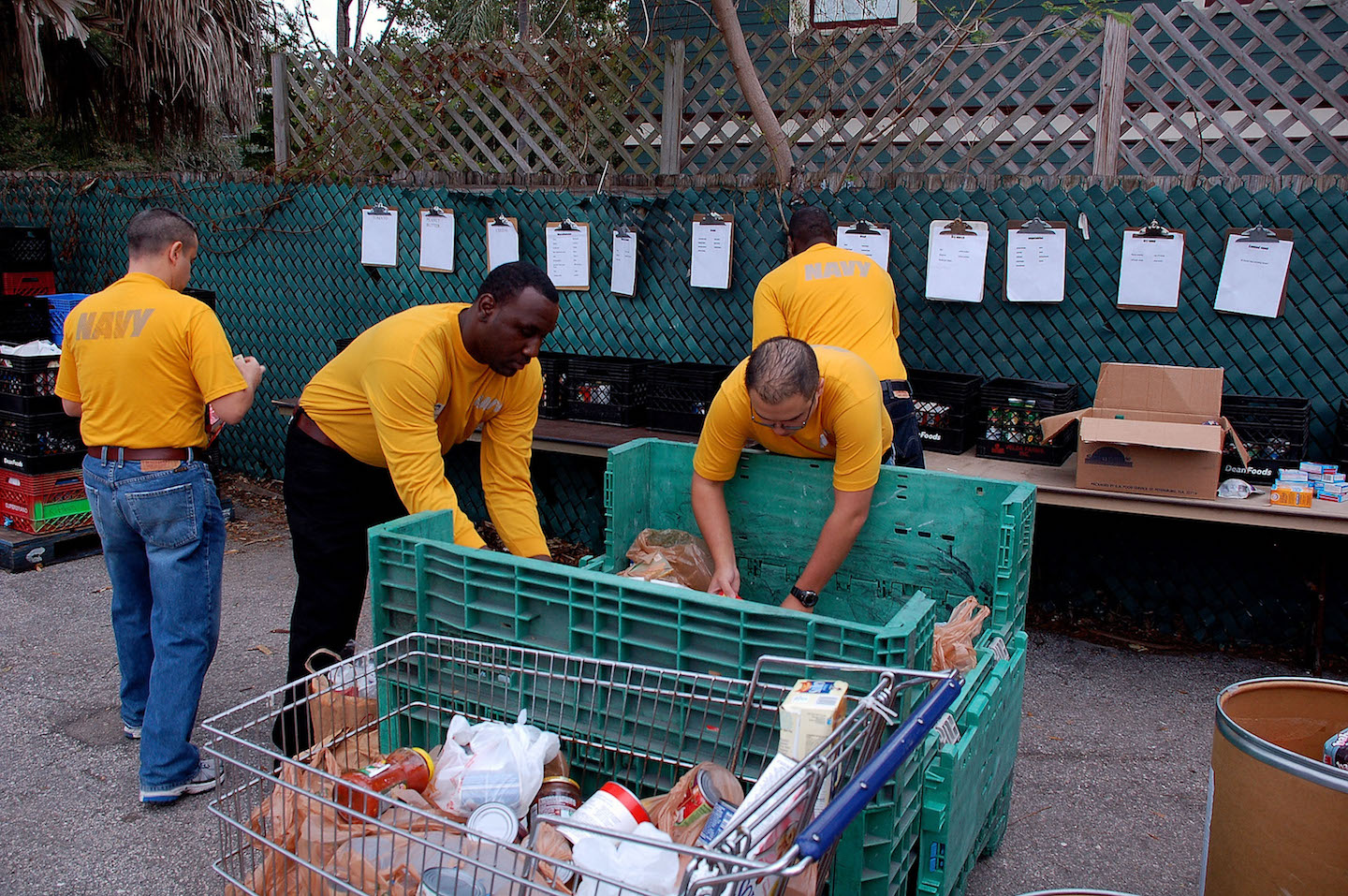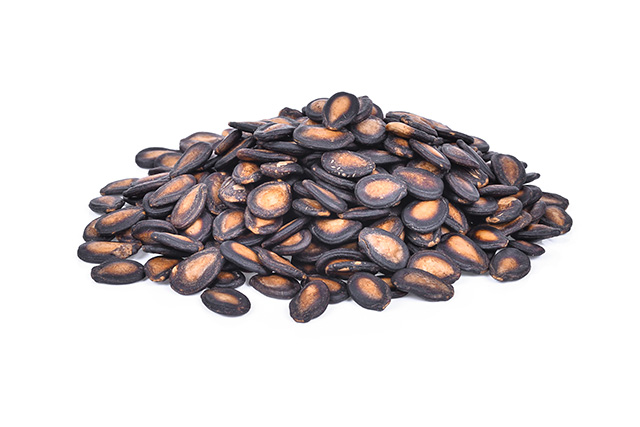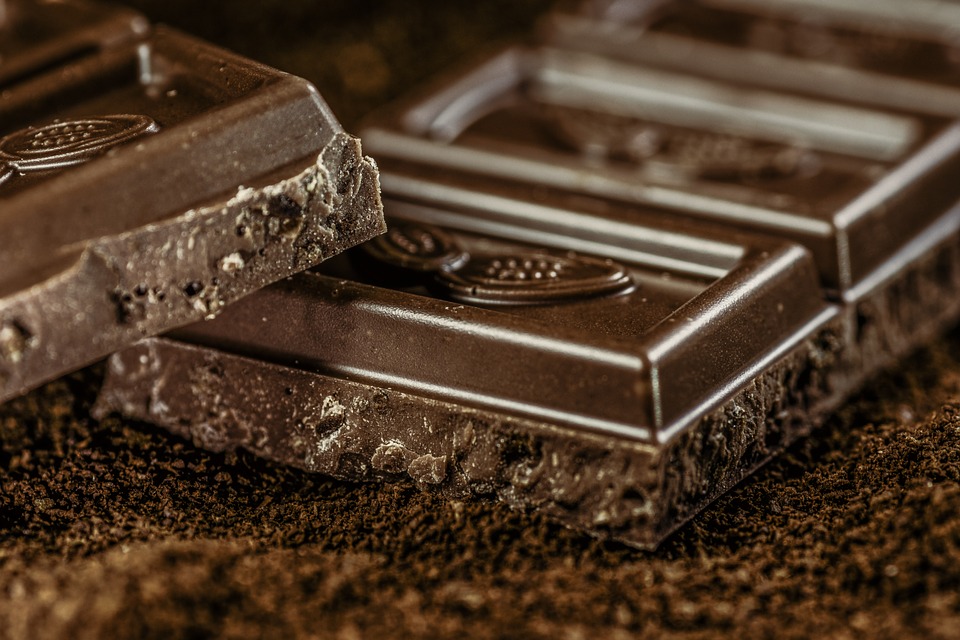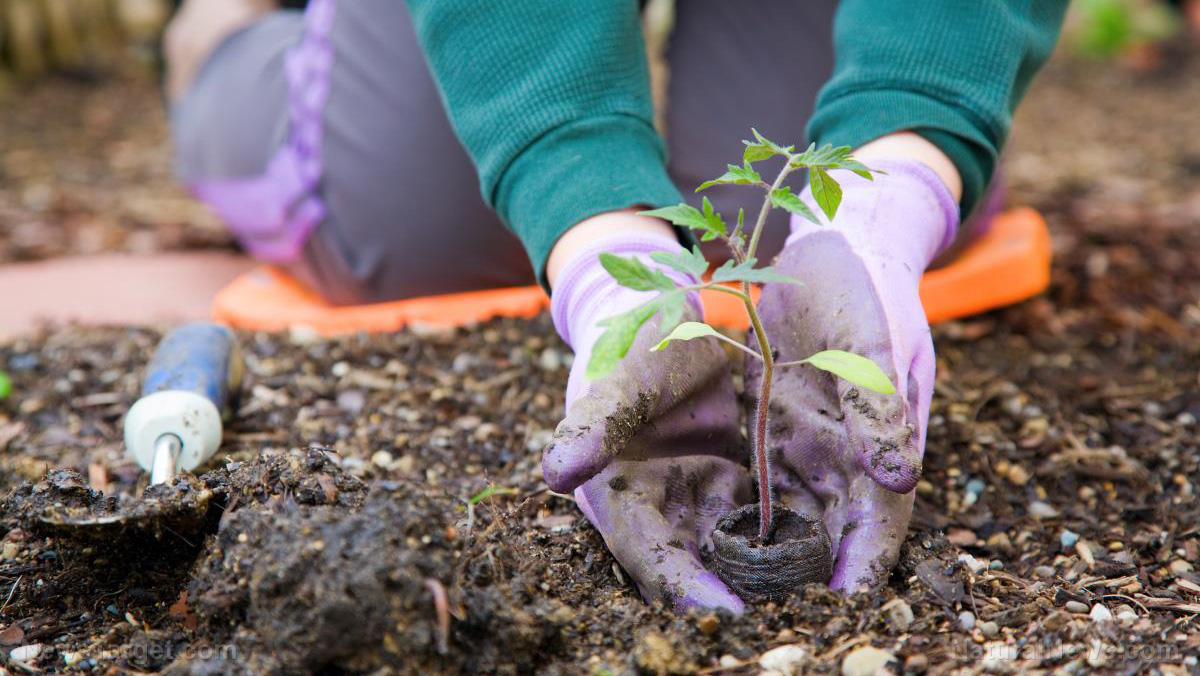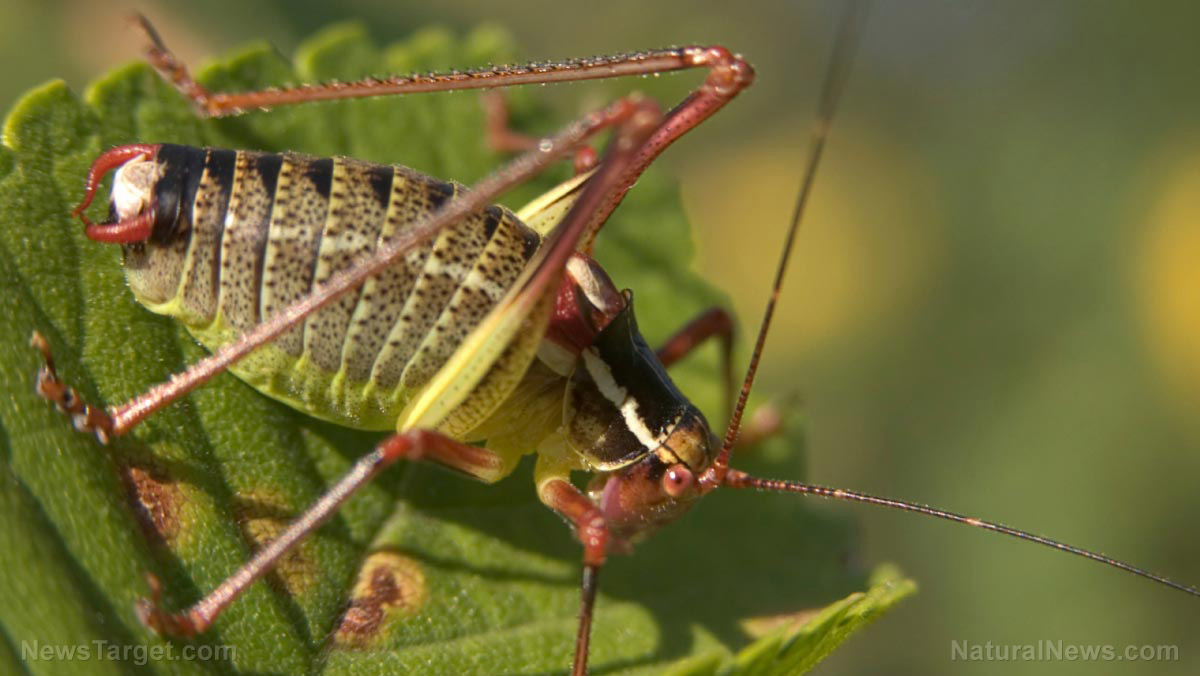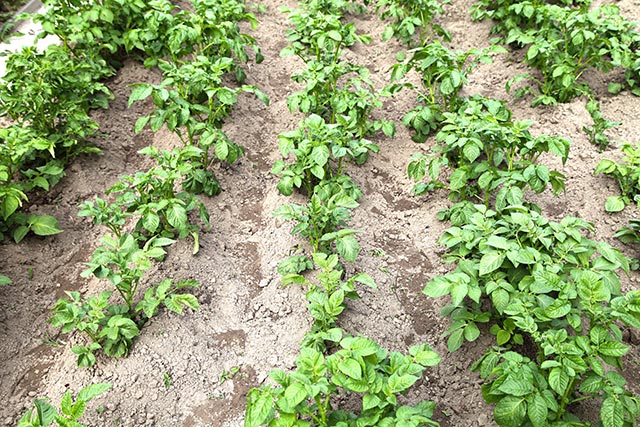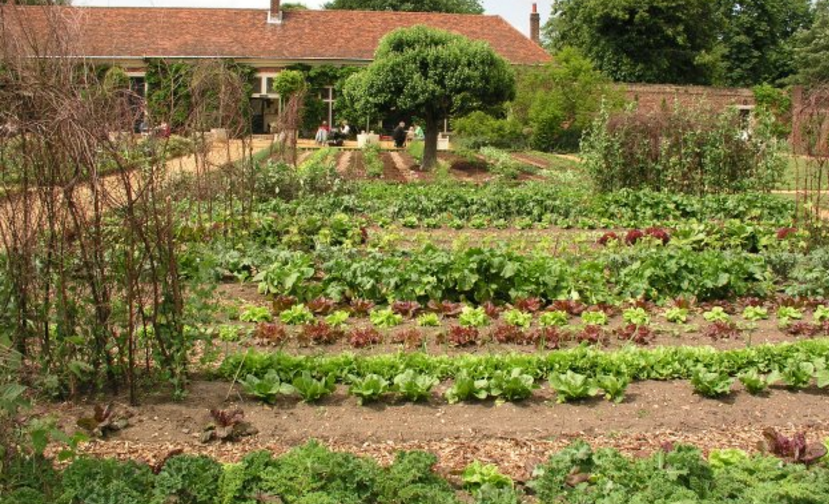Factors that determine how long your canned food will last
09/05/2018 / By Edsel Cook
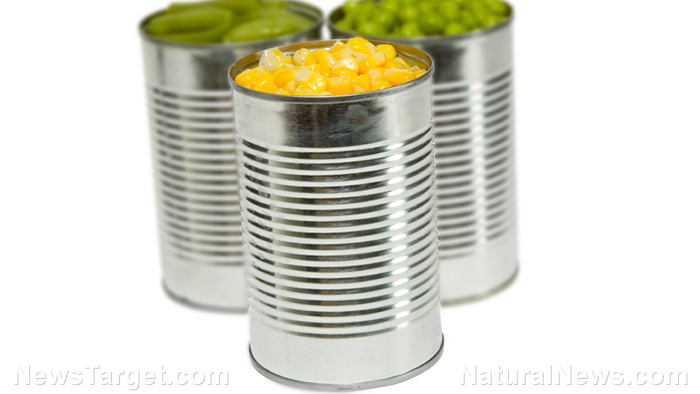
Canned food are a staple part of any prepper’s stockpile of emergency food. They normally last longer than non-preserved foods, but not all examples enjoy the same longevity. An article in MD Creekmore discusses the factors that can affect the shelf life of your supply of canned food.
First, there is canned food that has been prepared at home. The U.S. Department of Agriculture (USDA) says homemade canned food is only guaranteed safe for 12 months. However, people familiar with the process know that properly prepared canned foods can last for five to 10 years.
Researchers have also found examples of canned corn and peppers that have been forgotten for decades or even a century. They determined that the nutrients in those samples are lower than freshly canned counterparts or those before expiration dates.
No matter how long it has been since canning, always inspect the container for any signs of damage or degradation. If you open the container, study the contents with care.
If you find anything awry – discoloration, musty smell, liquid squirting out of the can once opened – consider the food to be unsafe. (Related: Food storage tips: 5 ways to preserve milk.)
Storage space conditions and acid content affect longevity of food
The means of storage also affects the shelf life of canned food. Keep the food in a cool and dry place that is exposed to as little light as possible. If you have a basement or went through the trouble of digging a root cellar, you have one of the best storage places available.
Keep the canned food away from any heat sources like furnaces or hot water pipes. Heat will degrade the food faster.
Remember that underground areas are more damp than above-ground spaces. Make sure that any canned food you store there are properly sealed. Otherwise, moisture will get into the cans and ruin their contents.
Another thing to consider is the amount of acid present in the preserved food. The less acid in the food, the longer it lasts. Acidic foods contain vinegar that breaks down nutrients even as it preserves them.
Canned fish and meat will last longer than preserved fruit and vegetables. Canned carrots, peas, potatoes, and pumpkins will outlast other vegetables. Anything with citrus, pickles, and tomatoes have lots of vinegar and will only last 18 months tops.
Five useful commercial canned foods and one last food-saving tip
While homemade canned foods are better than commercially made ones, it wouldn’t hurt to have some of the latter to help extend your supplies. Five particular choices come to mind given their long shelf lives, especially if you store them correctly.
Hormel Spam might not be the tastiest choice of meat, but it is a cheap source of protein and sodium. If stored properly, it can keep for up to 10 years past its expiration date.
Both canned beef stew and chunked chicken breasts have low acidic content and good amounts of protein. They are able to last five years.
An even better source of protein is canned chili with beans. It also has decent amounts of fiber and lasts around the same time.
To round out the canned meats, get green beans. Whether you buy them from stores or grow them in your garden, canned green beans will last five to seven years.
Finally, follow a food rotation process where you consume canned food by order of its acquisition. This saves you the effort, money, and time you sank into acquiring, growing, and/or preserving the food. There are food storage rack systems that can be purchased or built by hand to help you rotate through your supply of canned food.
Pick up more tips and tricks for storing food at Prepareness.news.
Sources include:
Tagged Under: canned food, canning, emergency, food safety, Food storage, food supply, Homestead, homesteading, preparedness, prepper, prepping, preserved food, shelf life, survival, survivalist

